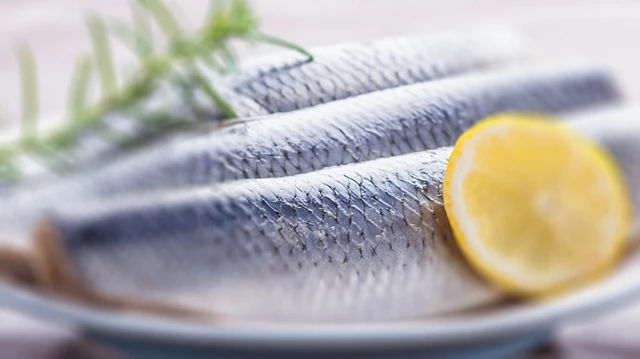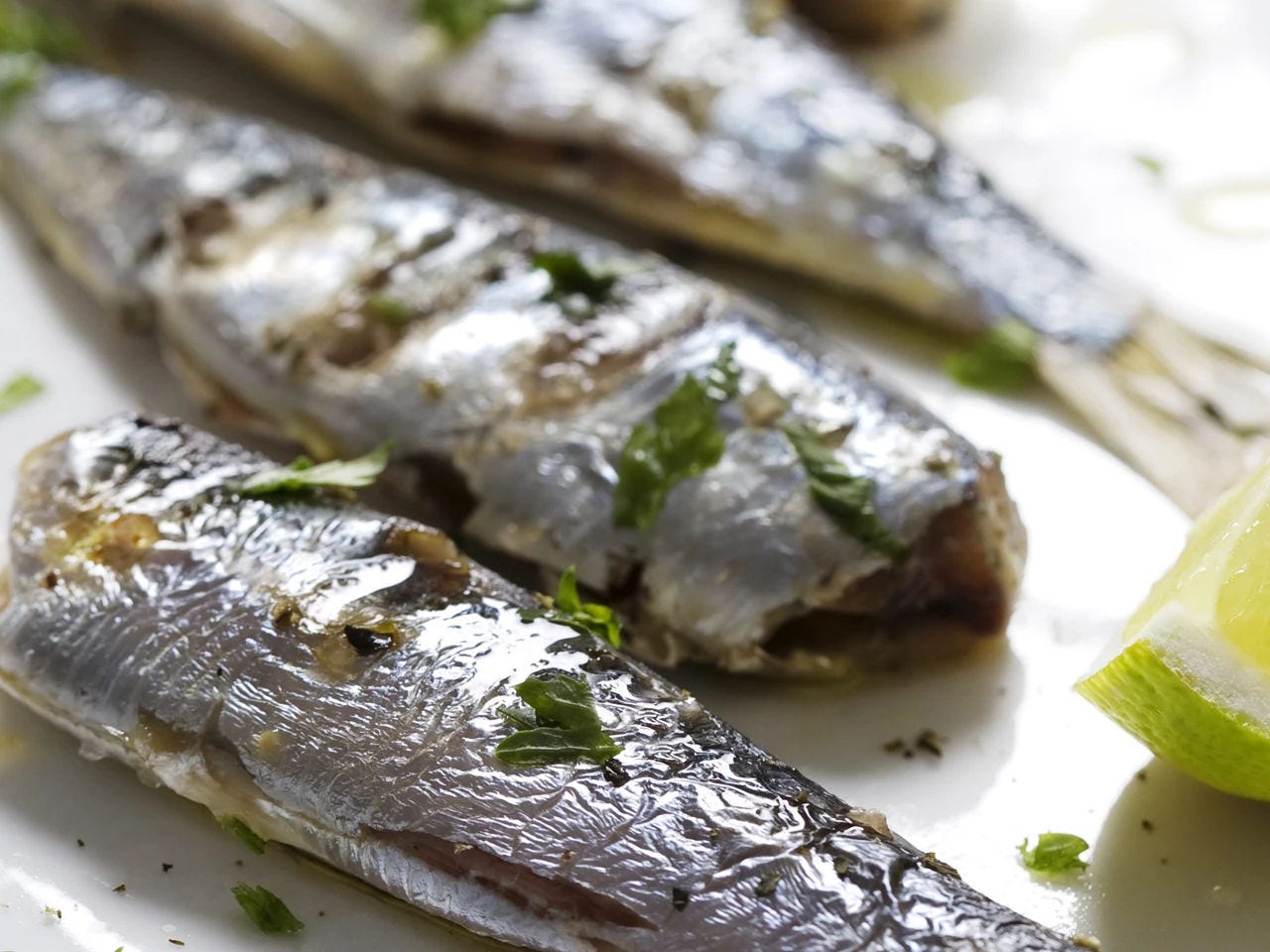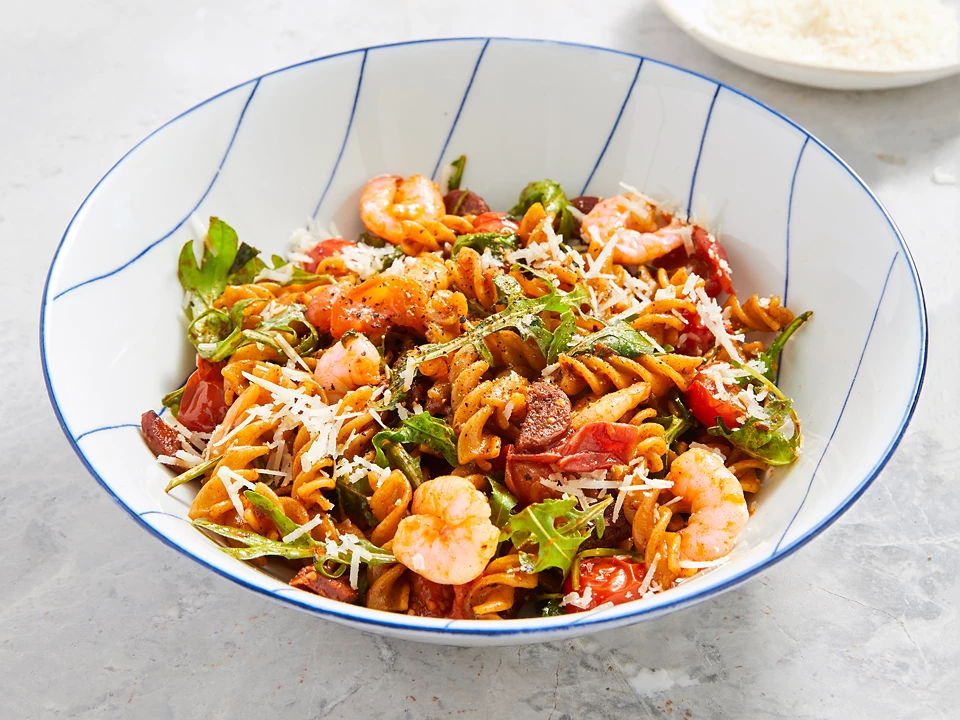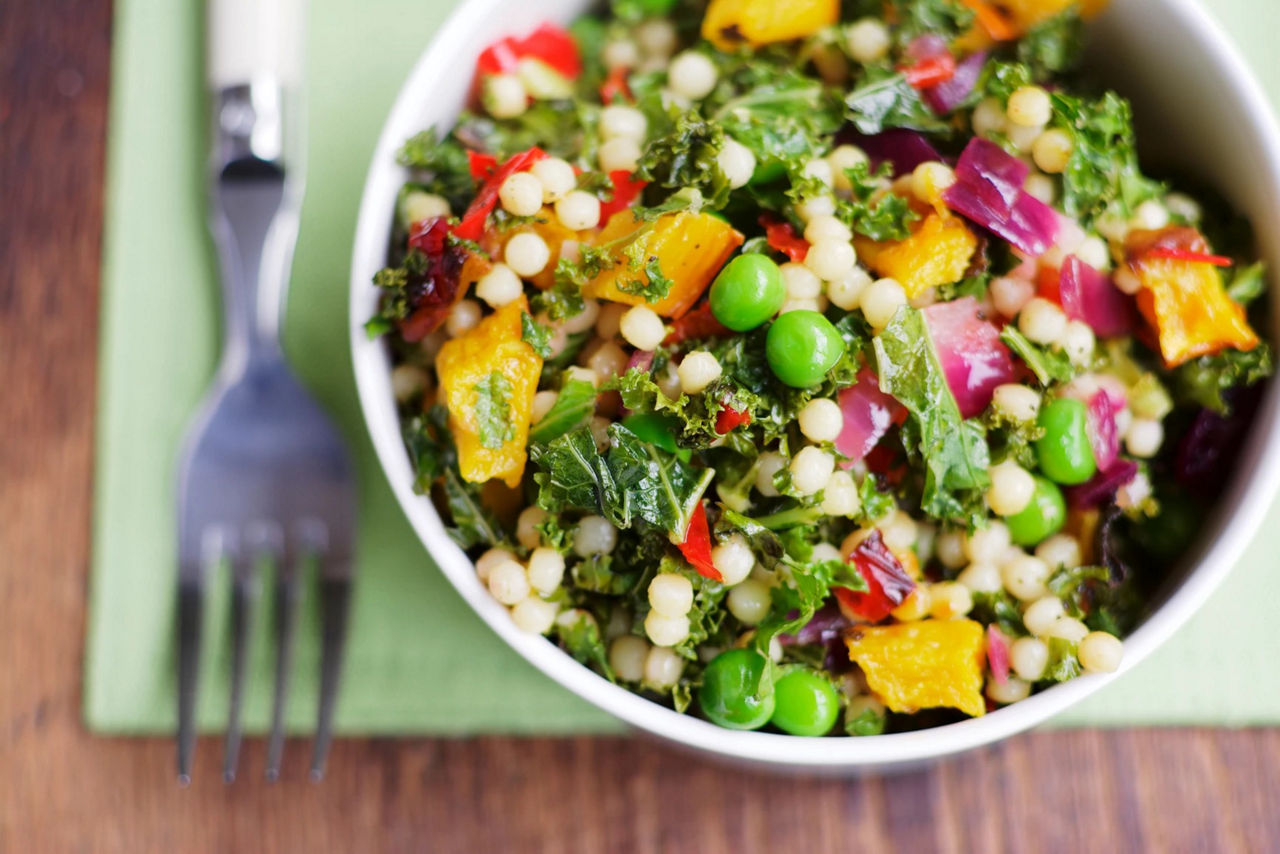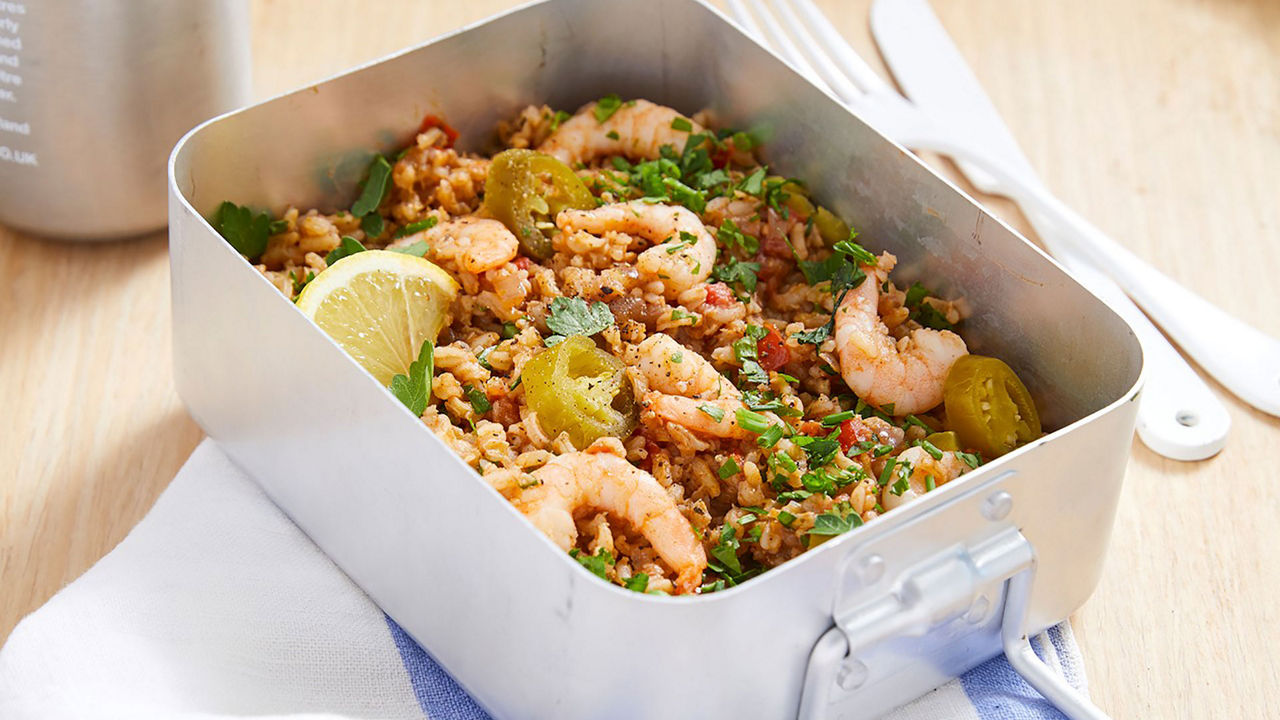Iodine is a key nutrient during pregnancy. For a start, it’s involved
in many functions and processes of your body, including making your
thyroid hormones. These hormones affect the way your cells function,
which in turn affect many processes of your body, such as your heart
rate and your metabolism. Having low levels of these hormones has been
linked to weight gain, fatigue and mood swings.
Iodine’s also vital for your baby’s brain development. During
pregnancy, your baby’s cells rely on your iodine intake, including their
rapidly developing brain cells2. A good supply of iodine is essential to building this complex organ2. A well-balanced pregnancy diet
that includes a healthy intake of iodine-rich foods will support your
baby’s developing brain, contributing to their learning and motor
skills, and helping to set the stage for all future development.
